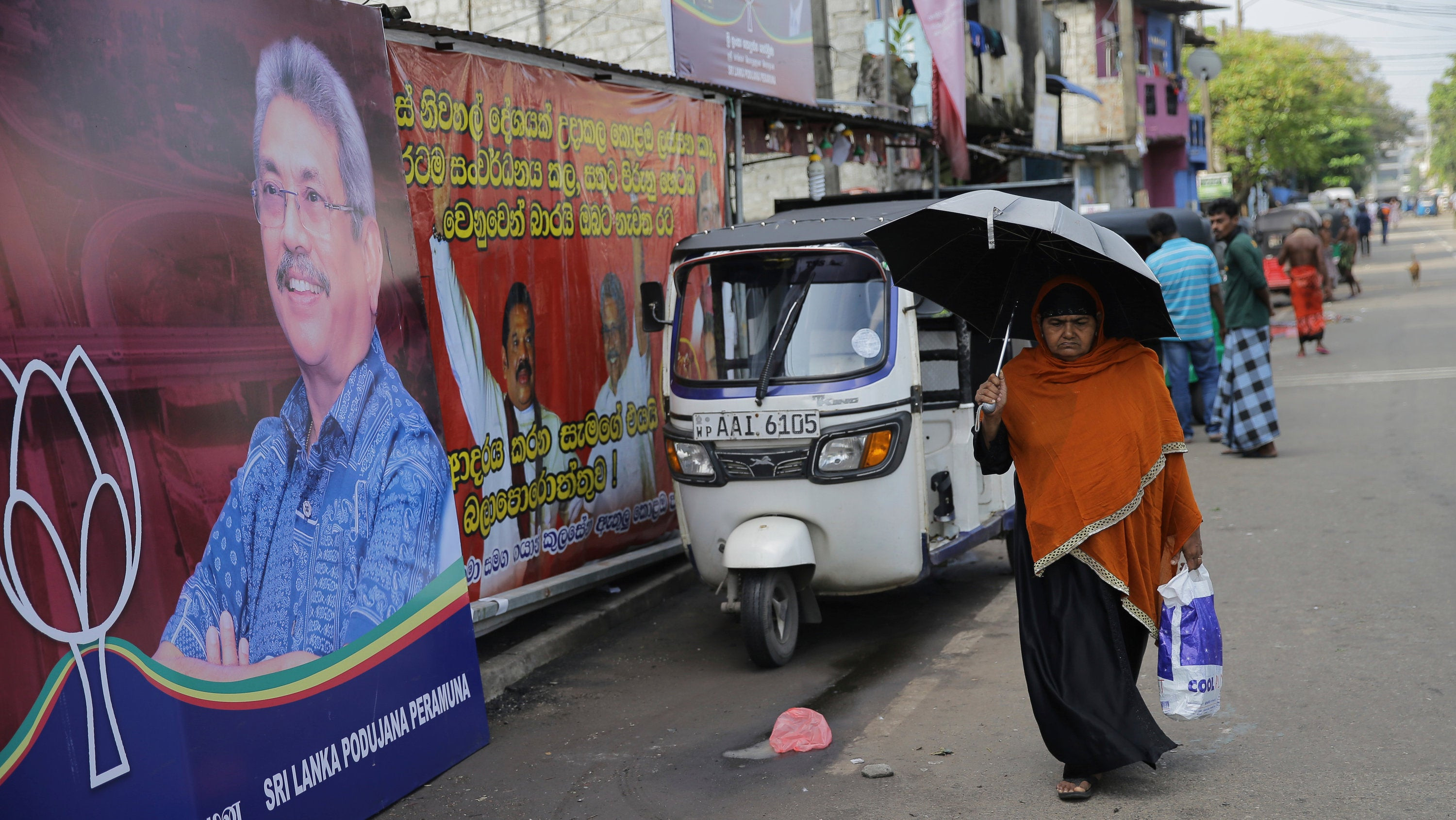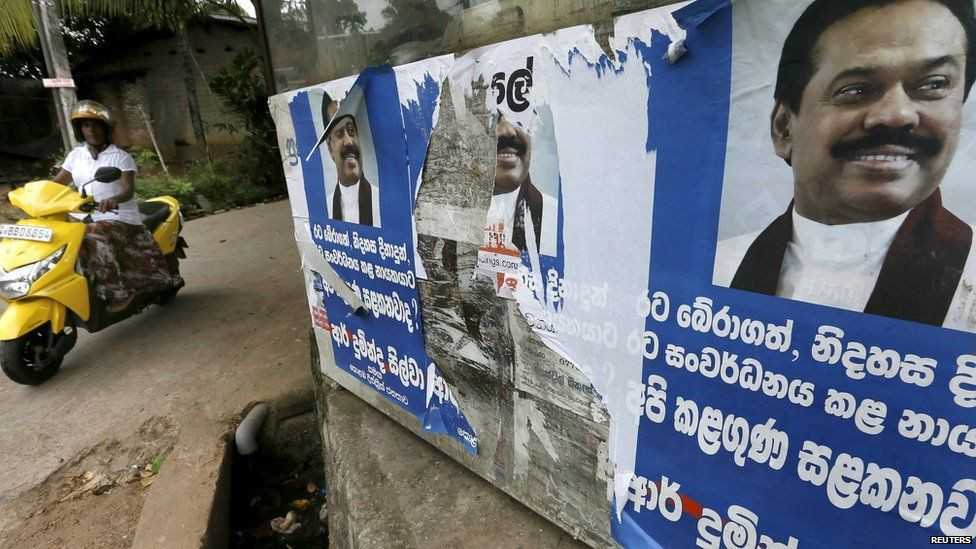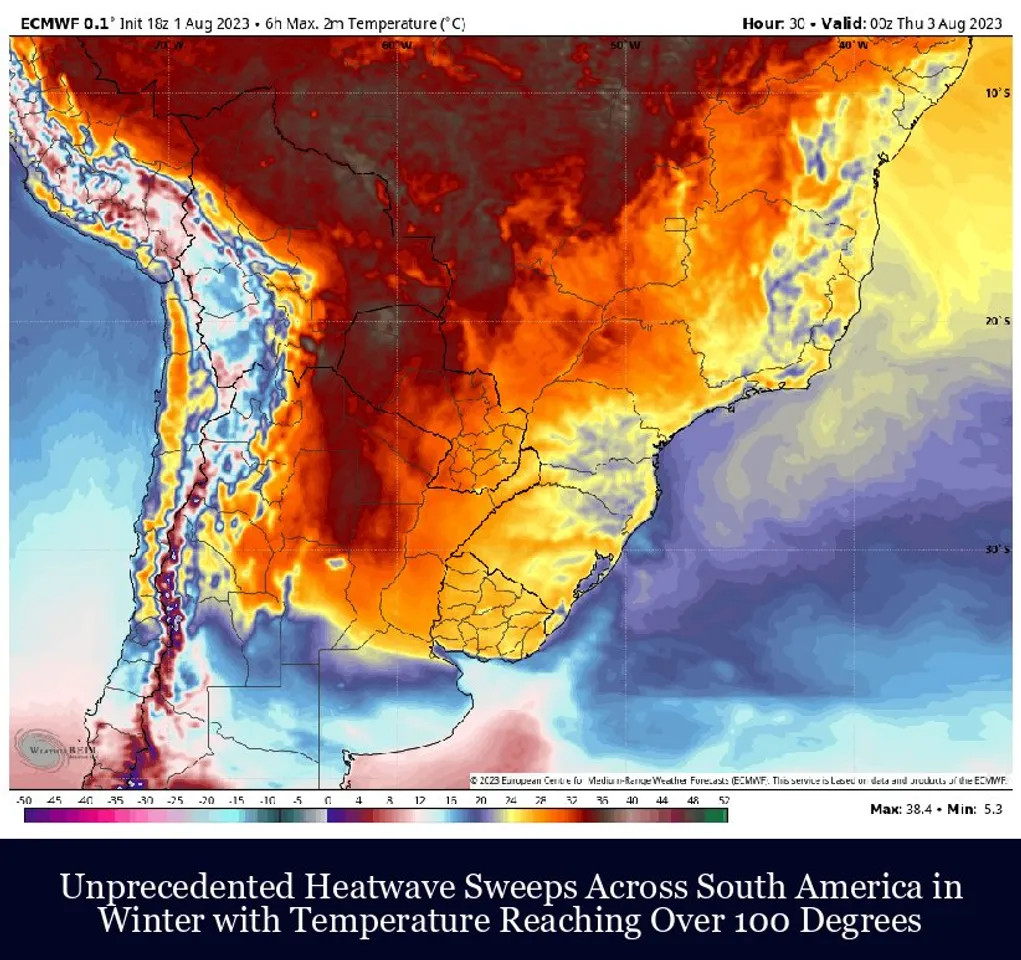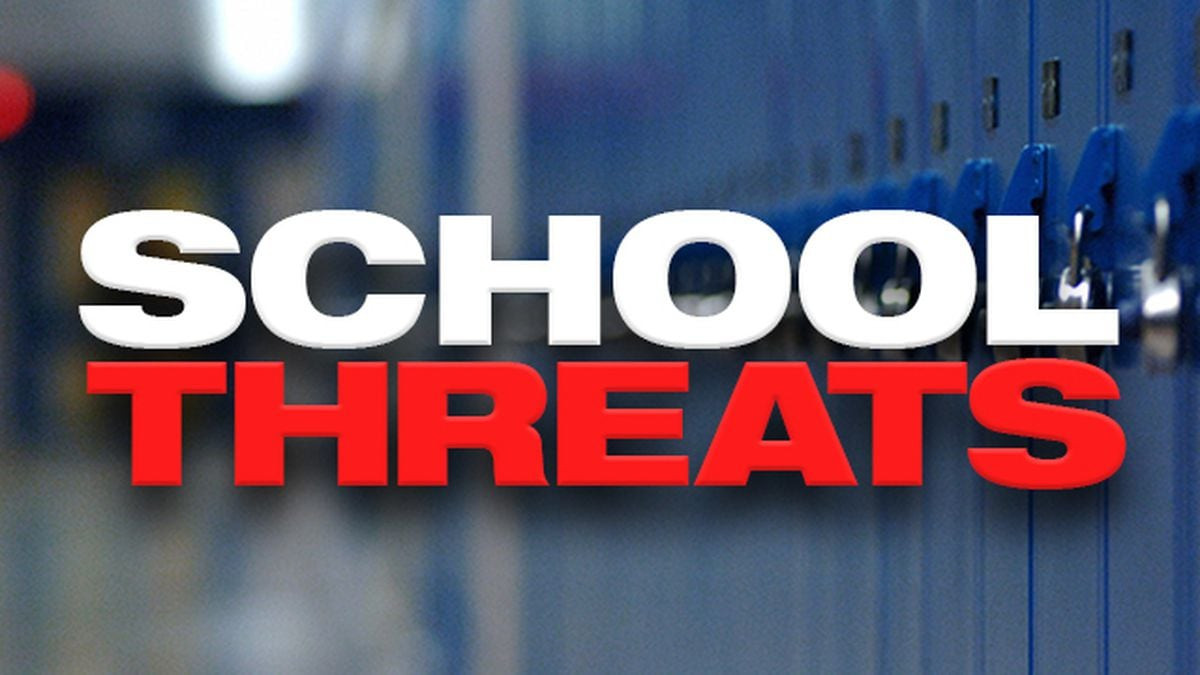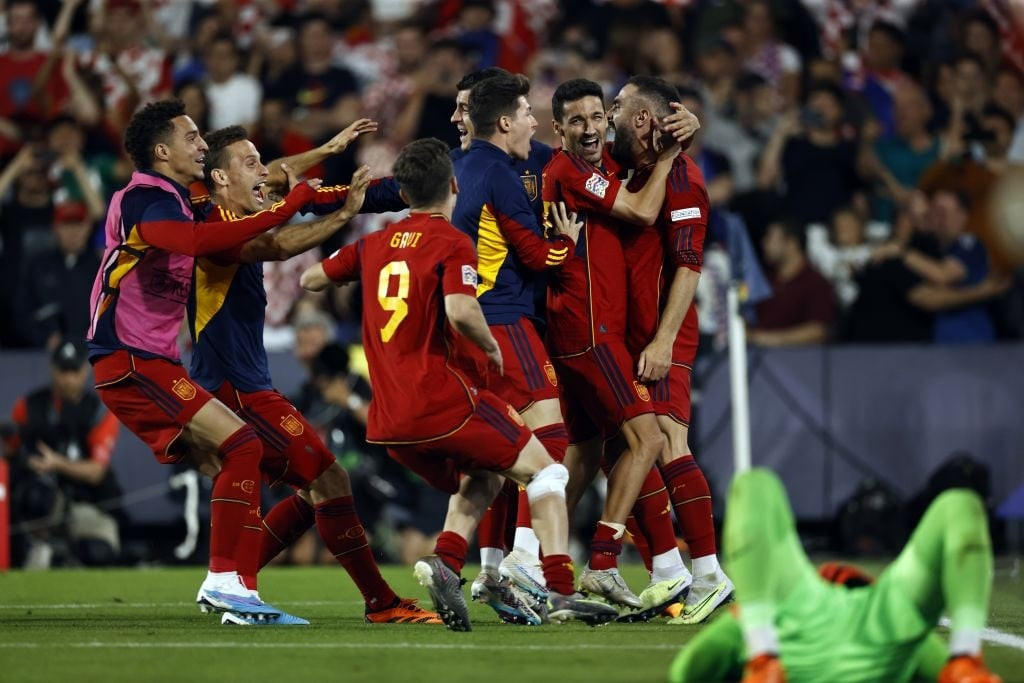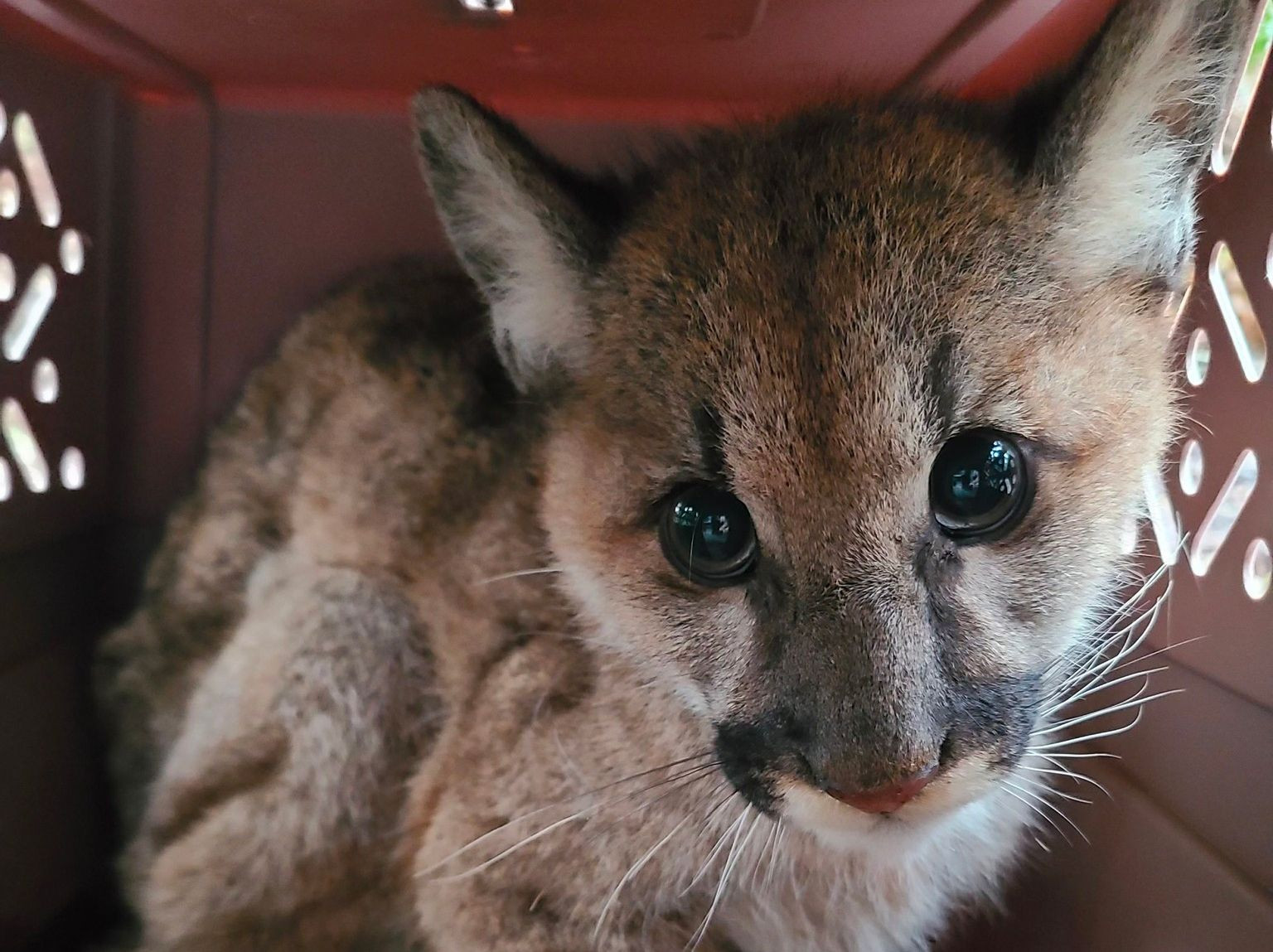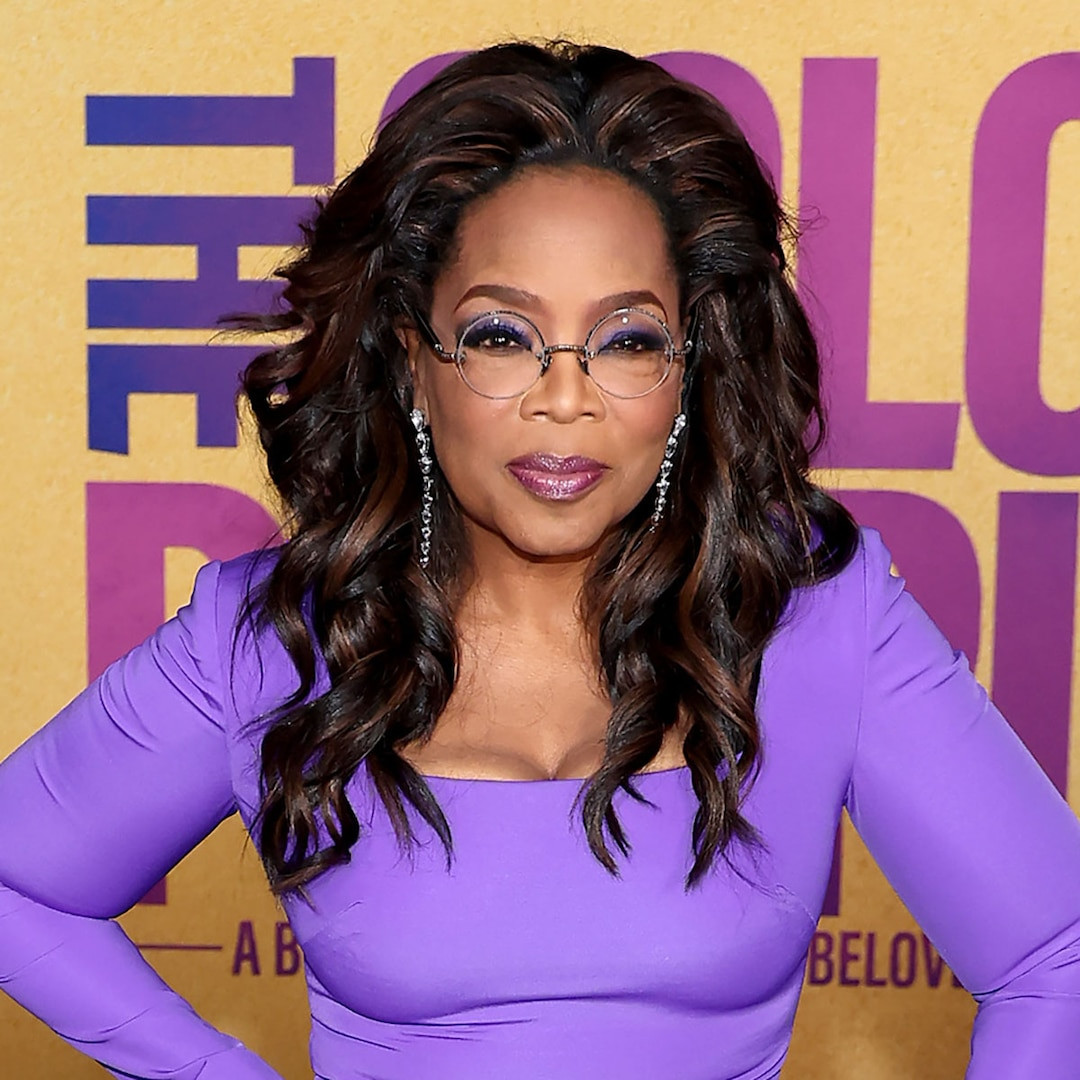More than 17 million of Sri Lanka’s 22 million people are eligible to vote in an election that has shaped up to be a close contest between President Ranil Wickremesinghe, main opposition leader Sajith Premadasa and Marxist-leaning challenger Anura Kumara Dissanayake, who led in one recent opinion poll.
Well-organized polling booths manned by public officials and police guided Sri Lankans on how to cast their vote as citizens in Colombo, the country’s biggest city, lined up after voting began at 7 a.m. (8:30 p.m. ET).
At Visakha Vidyalaya, a school about 9 miles from Colombo, brisk polling was seen early in the morning as families, some of them accompanying their ageing parents, lined up next to coir ropes that created orderly lines for voters.
A large blow-up of the ballot paper was visible at the entrance to the booth set up next to blooming flower beds and a stretch of classrooms.
“I think we desperately need a change and I think a lot of people feel the same way. For us to have a future the entire country must have a future, first,” said Niroshan Perera, 36, a supporter of Dissanayake.
Voting was proceeding peacefully across the island nation and queues outside booths lengthened as the day progressed, local TV channels showed. Polls close at 4 p.m. (5:30 a.m. ET), with counting scheduled to start shortly afterward.
The Election Commission is expected to announce the winner on Sunday.
Over 13,000 polling stations were set up across the country and 250,000 public officials deployed to manage the election, R.M.L. Rathnayake, the head of Sri Lanka’s election commission, told Reuters.
Thousands of protesters marched in Colombo in 2022 and occupied the president’s office and residence, forcing then-President Gotabaya Rajapaksa to flee and later resign.
Buttressed by a $2.9 billion bailout program from the International Monetary Fund, Sri Lanka’s economy has posted a tentative recovery but the high cost of living remains a core issue for many voters.
Although inflation cooled to 0.5% last month from a crisis high of 70%, and the economy is forecast to grow in 2024 for the first time in three years, millions remain mired in poverty and debt, with many pinning hopes of a better future on their next leader.
“This is an election that will change the history of Sri Lanka. People are voting enthusiastically,” Dissanayake said after casting his vote at a temple in the outskirts of Colombo.
The winner will have to ensure Sri Lanka sticks with the IMF program until 2027 to get its economy on a stable growth path, reassure markets, attract investors and help a quarter of its people climb out of crisis-induced poverty.
“The people have to decide the future of this country. I ask everyone to vote peacefully,” Wickremesinghe, accompanied by his wife, said after voting at the University of Colombo. “We have stabilized the government and the democratic system. I’m happy I’ve been able to make a major contribution to that.”
Sri Lanka’s ranked voting system allows voters to cast three preferential votes for their chosen candidates.
If no candidate wins 50% in the first count, there is a second round between the two frontrunners, with the preferential votes of other candidates redistributed, an outcome analysts say is likely given the close nature of the election.
Sri Lanka’s Economic Crisis
Sri Lanka’s economic crisis began in 2022 when the country ran out of foreign currency to pay for imports. The crisis was caused by a number of factors, including:
- A decline in tourism revenue due to the COVID-19 pandemic
- A ban on chemical fertilizers that hurt the agricultural sector
- A sharp increase in fuel prices due to the war in Ukraine
- A large amount of foreign debt
The crisis led to shortages of essential goods, including food, fuel, and medicine. It also led to widespread protests and unrest. The government was forced to seek a bailout from the IMF.
Economic Recovery Efforts
Since the crisis began, the government has taken steps to stabilize the economy. These steps include:
- Implementing austerity measures, such as tax hikes and spending cuts
- Seeking a $2.9 billion bailout program from the IMF
- Negotiating debt restructuring with its creditors
The economy has started to recover, but the high cost of living remains a major concern for many Sri Lankans. The IMF has projected that the economy will grow in 2024 for the first time in three years. However, millions remain mired in poverty and debt.
The Candidates
The three main candidates in the presidential election are:
- Ranil Wickremesinghe: The incumbent president, who has been prime minister multiple times. He is a seasoned politician and has a reputation for being a pragmatist. Wickremesinghe has been credited with stabilizing the economy by implementing austerity measures and securing a bailout from the IMF. However, his policies have also been criticized for being too harsh and for hurting the poor and middle class.
- Sajith Premadasa: The leader of the main opposition party, Samagi Jana Balavegaya. Premadasa is the son of former president Ranasinghe Premadasa, who was assassinated in 1993. He has pledged to renegotiate the terms of the IMF rescue package to make austerity measures more bearable. He has also promised to focus on economic development and job creation.
- Anura Kumara Dissanayake: The leader of the Janatha Vimukthi Peramuna (JVP), a Marxist-led coalition. Dissanayake is a charismatic figure who has gained popularity during the crisis. He has promised to tackle corruption and promote good governance. He has also pledged to work towards a more equitable distribution of wealth and to address the needs of the poor and marginalized.
The Future of Sri Lanka
The winner of the presidential election will face a number of challenges, including:
- Restoring economic stability
- Addressing the high cost of living
- Tackling corruption
- Promoting good governance
- Addressing the needs of the poor and marginalized
The election is likely to be a close contest. The outcome will have a significant impact on the future of Sri Lanka. The winner will have to work hard to unite the country and address the challenges it faces.




